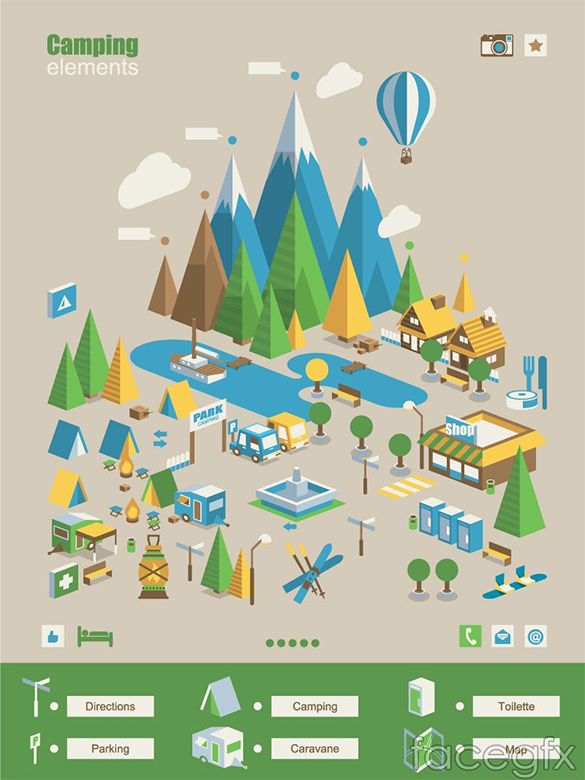Picking the right framework material is vital for occasion camping tents. Whether it's coated steel for spending plan camping tents or anodized light weight aluminum for sturdy applications, there are numerous considerations to remember.
Steel frameworks are common in lower-priced pop-up camping tents yet are prone to rust despite having coverings and call for regular upkeep. Aluminum is lightweight, normally resists corrosion, and holds up well in damp or seaside atmospheres.
Steel
When it involves guaranteeing the longevity of customized outdoors tents, the material utilized in their frames plays a crucial duty. Steel and aluminum alloys both use premium sturdiness, yet each offers special advantages that make it suitable for various sorts of atmospheres. Steel is excellent for rugged conditions, while light weight aluminum excels in withstanding deterioration and minimizing upkeep expenditures.
When event hosts choose the ideal tent for their requirements, they require to consider elements like anticipated weather conditions. For example, framework outdoors tents frequently do much better in gusty or stormy conditions than post outdoors tents because they don't count on a main pole to support the structure. Nonetheless, the links between frame pieces can deteriorate in high stress situations. Determining these weak points and executing normal inspections can help prevent possible damages.
Steel frames are hard to cut, weld or form, which can call for customized tools and increase labor expenses. Furthermore, they often tend to corrosion or corrode easily and may require added defense or coatings. Additionally, steel is extremely hefty and can create concerns when transporting a canopy. It's also challenging to keep for extended periods of time due to the fact that it takes up more space than aluminum frameworks.
Light weight aluminum
Light weight aluminum is a prominent structure product for cover outdoors tents due to the fact that it's light-weight, rust-resistant, and easy to transport and set up. It also offers a much more steady sanctuary throughout gusty problems than steel structures. Light weight aluminum is much less vulnerable to tearing and any kind of damages can be conveniently fixed, lengthening the life of the outdoor tents. It additionally takes a breath to lower condensation and offers superior acoustic insulation to dampen outside sound.
The durability of aluminum frame tents is better boosted by the all-natural oxidation properties of the steel. It develops a portable oxide layer that shields the surface area from deterioration and spots. Therefore, the durability of an aluminum appear camping tent can be improved even further when the structure is plated.
Plated light weight aluminum is more powerful than steel and can endure high wind speeds. Additionally, the covering resists corrosion and discolorations, expanding the life-span of the camping tent. Furthermore, anodized aluminum is recyclable and sustainable, making it suitable for organizations looking for LEED accreditation. The mix of these residential or commercial properties makes aluminum a much more affordable option than steel for huge, sturdy camping tents, such as those utilized to accommodate commercial tools and storehouse stock. Steel, on the other hand, is much more costly due to the fact that it needs costly alloys such as nitrogen, molybdenum, and chromium to enhance strength.
Iron
Iron structure camping tents usually last up to 15 years if the right treatment and maintenance is applied. This consists of consistently cleaning up material and inspecting steel elements for corrosion and wear. By taking these measures, occasion hosts can make best use of the dependability of their structures and ensure their continued efficiency in difficult environments.
Steel is an ideal product for building resilient tents, specifically for use in tent size harsh climate condition. It is a strong, sturdy, and affordable product that provides stability and strength for a vast array of applications. Nevertheless, steel is prone to rusting in humid and seaside environments. The enhancement of protective coatings and normal maintenance can aid to reduce this risk, however these efforts raise general maintenance prices.
On the other hand, aluminum is an extra resilient selection for a custom-made tent as a result of its natural oxidation buildings. When anodized, aluminum comes to be super-strong and as much as three times more challenging than basic light weight aluminum alloys. This makes anodized light weight aluminum the second-hardest compound next to ruby (satellites, aircraft, and army cars all make use of anodized aluminum). Along with its resilience, plated aluminum is additionally much more immune to rust than steel. These variables make aluminum a superb option for turn up canopy camping tents and contribute to their capability to lug longer guarantees (5, 7, and also lifetime framework warranties). Furthermore, light weight aluminum is 1/3 the weight of steel enabling a much thinner structure design for even more modification options and raised strength.
